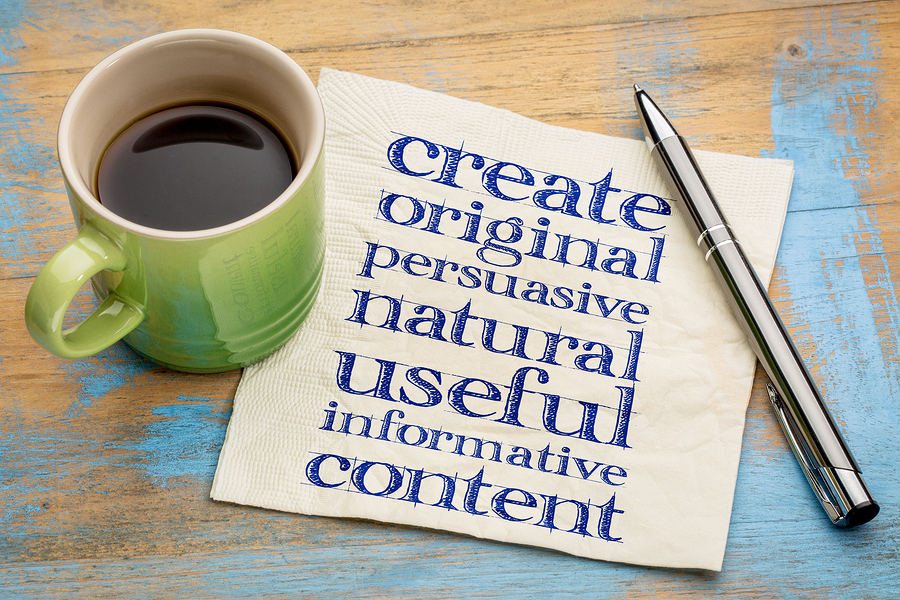
Some email composers may think that big words make something sound more sophisticated, and therefore more desirable and appealing when in reality simplicity and ease of understanding is one of the things readers value most. A carefully written email is an email marketer’s most important tool, particularly persuasive emails. It is what pushes readers to take action, depending on what you want to happen. Because of the lack of auditory cues when reading an email, the choice of words is of utmost importance.
Thankfully, with a few small tweaks, you’ll be turning what would have been a failed attempt to inspire a reader into an increase in engagement.
Turn Your Emails into Persuasive Emails
Invoking strong emotions is the key here, and to do that you will need to understand how certain words do so in different scenarios. There are different types of emotions you may use; however, you must learn which ones are appropriate when deciding on a target audience. What might work for one might not work for another.
An example would be using anger. Someone well versed with email persuasion may find success in using words that evoke anger like aggravated, outrage, scandalous, or other similar words where other less seasoned email marketers may find it hard to insert.
A safe way to invoke emotions that suits a general audience is to use words that imply urgency. Now, immediately, urgently, instantly, at this moment and other synonyms are excellent word choices if your goal is to give the reader a sense of needing to take action at once. These are words that manage to bring out emotions, while also remaining relatively safe. Another example would be, when marketing something free, to include the word free. This tells the reader that the only investment they need is time.
Another way to make persuasive emails is to pique their curiosity and make them feel special. You can do this by informing them you have a new product, few if any at all have tried. To games, the words testing, alpha, closed beta, and open beta have also seen a rise in popularity, as people naturally want to be the first to do anything. This makes them wonder what it is about, and as pioneering users, makes them feel special. Using words like secret, hidden, confidential, or any sort of word that implies mystery gives the reader the desire to find out more (take a look at this article where you can find an incredible 400+ list of high emotion persuasive words).
Oftentimes in our pursuit to sound professional, we end up sounding too transactional and therefore forget to add a hint of human touch to the email. Keep things short and easy to understand. Reading walls of text may not be the most convincing way to capture a reader’s attention. Always remember to thank the reader. This reminds them that there is an individual on the other side of the screen and that this is not a generic, computer generated email. It makes them feel valued and will increase the likelihood of return engagements.
Use Persuasive words on the Subject to Catch the Readers Attention
Before checking the content of the email, your recipients will look at its subject and decide if it’s important or not. Using Persuasive words in the headline of a marketing email is crucial. As a marketer, you know that the first thing is to catch the attention of your potential client. After you have won the attention, you then proceed to propose the product.
In email marketing, catching customer’s attention works better if you use persuasive headlines/subject lines. Good examples would be using the words: last minute reminder, end of year sale, 50% off sale, among several others. When a customer receives an email with such persuasive headlines, they first pose whatever they were doing and read the content. On the contrary, they disregard it and they don’t even look at it again. Always remember that the first impression in a marketing email is the headline.
Email Persuasion: A Modern Art
Writing persuasive emails is an art form and takes careful planning in order to be successful. The next time you’re stuck while composing an email, just remember to keep it short, simple, and most of all, human!